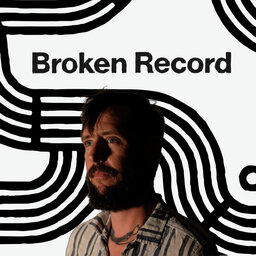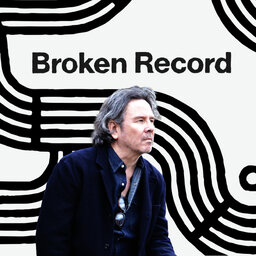Mark Ronson's big break as a producer came from working with Amy Winehouse to find the perfect sound for her career defining album, Back To Black. Since then, Ronson has gone on to win an Oscar, a Golden Globe and seven Grammys for producing chart-topping hits for artists like Lady Gaga, Adele and Bruno Mars. Ronson’s sound is often associated with danceable, driving rhythm sections—which makes sense, considering his background as a renowned DJ.
In today’s interview with Rick Rubin we’ll hear Mark talk about the day he met Amy Winehouse and how she might’ve confused him for Rick Rubin. Mark also talks about the night he fell in love with DJing, growing up with his step-dad in Foreigner, and how being isolated from his studio during the pandemic caused him to think that his days as a pop music producer might be over.
Subscribe to Broken Record’s YouTube channel to hear all of our interviews: https://www.youtube.com/brokenrecordpodcast and follow us on Twitter @BrokenRecord
You can also check out past episodes here: https://brokenrecordpodcast.com
Check out a playlist of our favorite Mark Ronson tracks HERE.
Learn more about your ad-choices at https://www.iheartpodcastnetwork.com
 Broken Record with Rick Rubin, Malcolm Gladwell, Bruce Headlam and Justin Richmond
Broken Record with Rick Rubin, Malcolm Gladwell, Bruce Headlam and Justin Richmond


